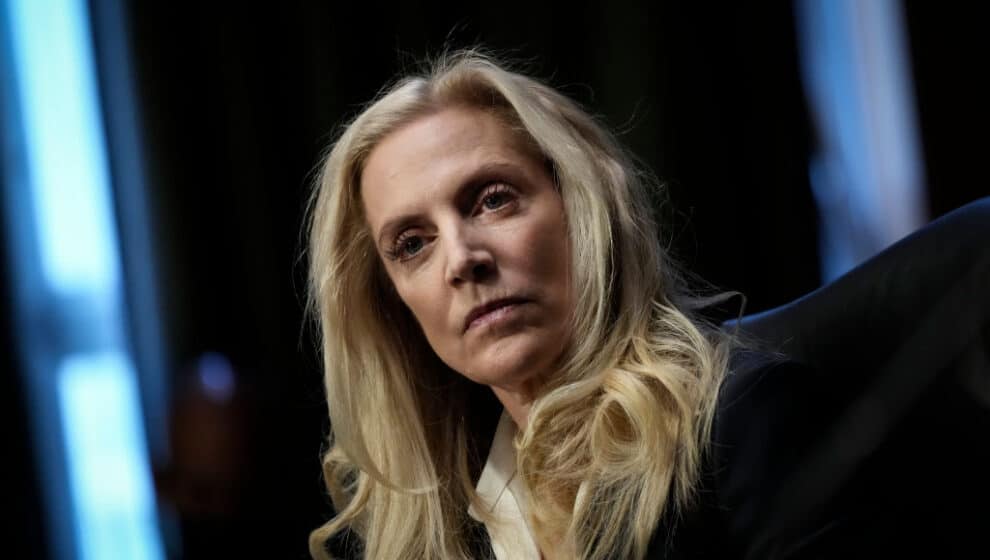President Joe Biden has reportedly selected Federal Reserve Vice Chair Lael Brainard as his top economic adviser, to lead the National Economic Council (NEC).
Key Details
- Biden’s official announcement is expected later today, Bloomberg reports. In addition to naming Brainard his economic adviser, Jared Bernstein will likely be named the new chair of the Council of Economic Advisers.
- Brainard will replace National Economic Council Director Brian Deese. She will work alongside Treasury Secretary Janet Yellen to advise the president on how best to cut back inflation and implement economic policy.
- Brainard’s new appointment will leave an opening at the central bank.
Why it’s news
As Biden prepares for a likely reelection campaign, his economic decisions will be under increased scrutiny, requiring him to lean more heavily on financial advisers.
Though the Federal Reserve has been aggressively raising interest rates to combat inflation, Brainard has held a reputation as one of the more dovish members of the Fed. She recently suggested that the Fed should take actions to minimize risk to employment levels while reducing inflation.
Brainard has previously been considered for roles like Treasury chief and Fed chair. In 2014, then-President Barack Obama nominated Brainard as a Fed governor. During the Clinton administration, she worked as NEC deputy director and worked at the Treasury. She also worked as a fellow and later a vice president at the Brookings Institution from 2001 to 2009.
In May last year, Brainard was nominated to vice chair of the Fed. Her nomination process and confirmation from the Senate received support from both political parties and were a relatively uneventful process.
Some analysts have pointed out that Brainard’s new role could put her in a better position to succeed Yellen if Biden wins reelection next year. Brainard was considered for Treasury Secretary in 2020, but critics claimed she did not sufficiently advance progressive causes during her time in the Obama and Clinton administrations, The Wall Street Journal reports.
Other critics feel that if she is given more authority over economic policy, she will pursue some regulatory measures she has backed before, such as making it more costly for fossil-fuel companies to get access to new capital.
